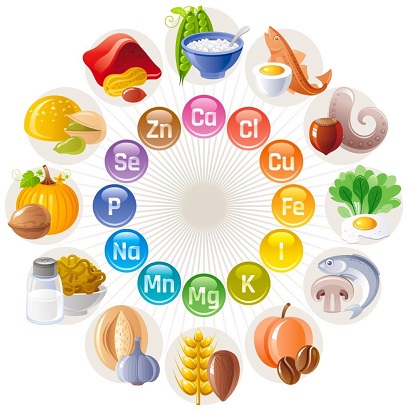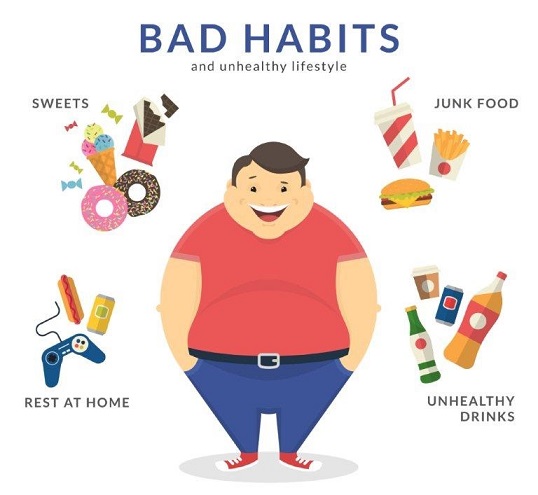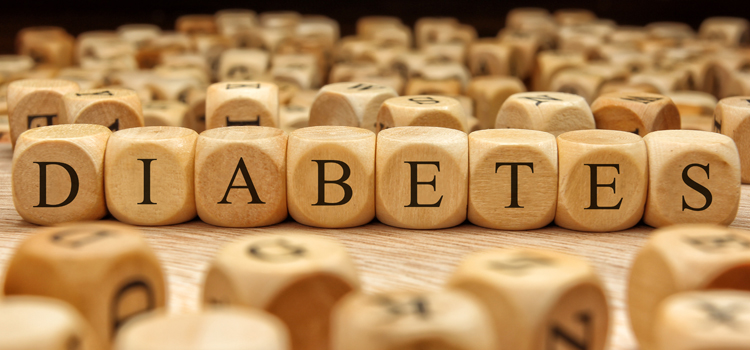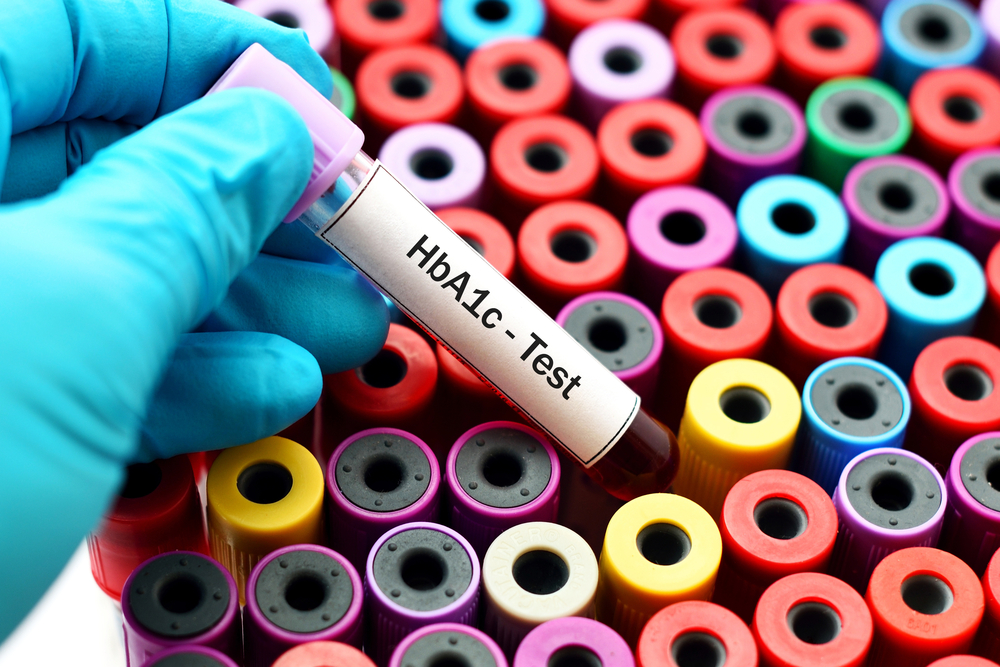Diabetes and Depression

Diabetes and depression are two different medical conditions, but they can often coexist, and there is a complex relationship between the two. This blog post highlights the relationship between diabetes and depression and ways to manage it to lead a healthy life.
What is the Relationship Between Diabetes and Depression?
Diabetes is a condition in which the body is unable to regulate blood sugar (glucose) levels properly. Depression is a mental condition that involves enduring feelings of sadness, hopelessness, and diminished interest in daily activities. Although the relationship between diabetes and depression is not conclusive, it has been found that diabetes can cause depression due to the various challenges associated with managing it effectively.
The constant presence of diabetes, with the added responsibility of making daily decisions related to one’s health, can be exhausting. Diabetes distress is a term that refers to the feelings of despair and hopelessness related to managing diabetes. Individuals experiencing diabetes distress may believe that their efforts to control the condition are ineffective or fear developing additional health issues linked to diabetes.
For individuals with pre-existing depression, the nature of diabetes can intensify their depressive symptoms. Additionally, research by Diabetes UK has indicated that depression may directly elevate the risk of developing type 2 diabetes. These conditions have a complex and bidirectional relationship. Therefore, it is necessary to seek comprehensive care from a doctor to address both the physical and mental aspects of the condition.
What Causes Diabetes-Related Depression?
Diabetes-related depression can be caused by one or a combination of the following factors:
- Chronic Stress: Managing diabetes requires continuous attention to blood sugar levels, medications, and lifestyle changes. The chronic nature of these demands can lead to persistent stress, contributing to the development of depression.
- Biological Factors: Fluctuations in blood sugar levels and the impact of diabetes on the body’s hormonal and metabolic systems can influence mood and contribute to depressive symptoms.
- Medication Side Effects: Certain medications used to manage diabetes may have side effects that impact mood and contribute to depressive symptoms.
- Pre-existing Mental Health Conditions: Diabetic individuals with a history of mental health conditions may have a higher risk of experiencing depression.
- Diabetes and Hypertension: Managing chronic health conditions like diabetes and hypertension can present significant psychosocial challenges, increasing vulnerability to depression.
Symptoms of Diabetes and Depression
Symptoms of depression can overlap with diabetic symptoms. These include:
- Feeling consistently sad.
- Losing interest in activities that were once enjoyable.
- Insomnia or oversleeping.
- Significant changes in appetite, leading to weight loss or gain.
- Feeling persistently tired and lacking energy.
- Low self-esteem and excessive guilt.
- Trouble focusing, making decisions, or remembering things.
Diagnosis of Depression from Diabetes
Diabetes-related depression is typically diagnosed through a combination of self-reporting, clinical evaluation, and discussions with a doctor. Here are the common steps in the diagnosis:
- Self-Reporting: Doctors often use standardised questionnaires or surveys to assess an individual’s emotional well-being and the challenges they may be facing in managing diabetes.
- Clinical Interviews: Doctors engage in careful conversations with individuals to understand their experiences and emotional responses to living with diabetes.
- Identification of Unhealthy Coping Mechanisms: Recognising unhealthy coping mechanisms, such as avoidance of diabetes-related tasks, neglecting self-care, or engaging in detrimental habits, is an important aspect of the diagnostic process.
How to Manage Depression from Diabetes?
Here are some tips to help cope with diabetes distress:
- Share emotions, feelings, and concerns with a healthcare team.
- Break down larger diabetes management goals into smaller, achievable steps. Celebrate all successes, no matter how small, and acknowledge the progress.
- Connect with friends, family, or support groups who understand the challenges of diabetes. Sharing experiences and getting support from others can be valuable in managing diabetes distress.
- If feelings of distress persist, consider consulting with a mental health professional.
- Focus on adopting and maintaining healthy lifestyle habits, like regular exercise, a balanced diet, and adequate sleep.
- Practice mindfulness, deep breathing, or meditation to help manage stress.
- Stick to the prescribed medication regimen.
Remember that managing diabetes and depression is an ongoing process, and finding what works best may take time. It is important to be patient and make adjustments to the self-care routine as needed. It is also essential to schedule regular diabetes tests to keep blood glucose levels in check.
FAQs
1. Is there a link between depression and diabetes?
Yes, a bidirectional link exists. Diabetes increases depression risk, and depression can hinder diabetes management.
2. What causes depression in type 2 diabetes?
The chronic nature of diabetes and the biochemical changes associated with it can cause depression.
3. How to deal with diabetes mentally?
Communicate openly, set realistic goals, build a support system, prioritise self-care, and seek professional help to ensure mental well-being while managing diabetes.















